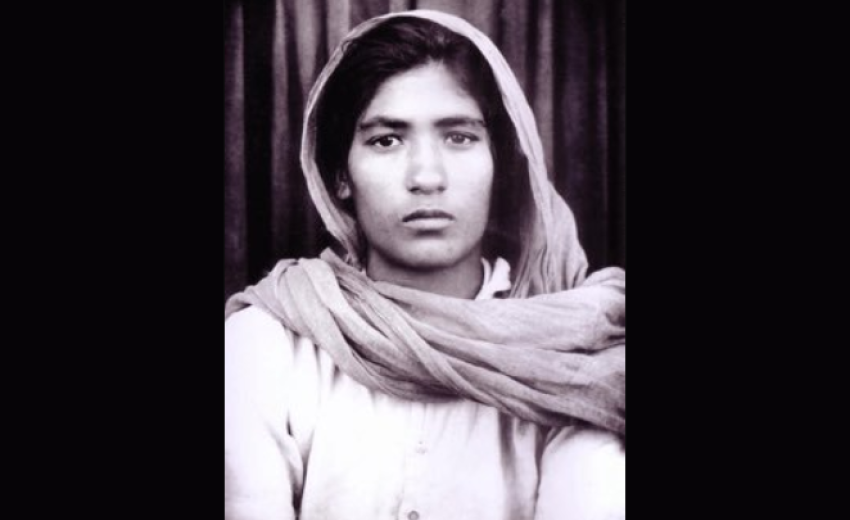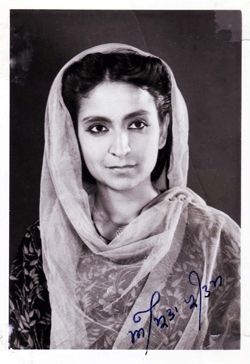Through the course of India’s freedom struggle, women have played a critical role. Without the efforts and sacrifices of freedom fighters like Aruna Asaf Ali, Lakshmi Sahgal, Sucheta Kripalani, Tara Rani Srivastava, and Kanaklata Barua, among thousands of others, India would not have had its tryst with destiny.
Aside from driving radical reforms against social evils like gender inequality, like the men, they also marched on the streets, took bullets and beatings at the hands of colonial authorities, suffered brutal imprisonment and sacrificed their lives for a greater cause.
Women’s entry into male dominated spaces dispelled British stereotypes about Indian women as subordinate, weak, and docile. Women were also aware that by endangering their womanhood on the streets and putting their bodies under risk of attack, they proved that they could share common experiences with their fellow men in the public sphere,” writes Suruchi Thapar-Bjorkert of the London School of Economics in a paper.
A forgotten figure of the freedom movement who wasn’t afraid to mix it up in spheres dominated by men was Gulab Kaur, a woman who left her husband to fight for the country’s independence.
Born in circa 1890 in Bakshiwala village, Sangrur district, Punjab, very little has been documented about her life. However, what we do know is that she was married to a certain Mann Singh, following which, the couple left for the Philippines with the ultimate objective of migrating to the United States of America to escape economic hardships back home.
During their journey, they came across members of the famous Ghadar Party, an Indian revolutionary organisation, primarily founded by Punjabi Sikh immigrants determined to kick the British out of India.
Although some accounts state that the couple intended to return home and fight the British, Mann Singh eventually decided to leave for America. Gulab Kaur, meanwhile, decided to leave her husband to join the Ghadar movement to never look back.
Alongside 50 other Ghadarites, Gulab Kaur sailed for India from the Philippines on the SS Korea, before changing up to the Tosha Maru.
On reaching India, she became an active comrade in places like Kapurthala, Hoshiarpur, and Jalandhar, mobilising masses for armed revolution.
One of the things she did closely was distribute literature linked to the freedom movement, maintaining a tight vigil on their revolutionary printing press.
Besides engaging with anti-British public sentiment, she also distributed arms and ammunition to members of the Ghadar Party, fronting as a journalist, besides encouraging scores of others to join the Ghadar Party.
Unfortunately, the British authorities caught up with her and arrested her under sedition charges. She was imprisoned for two years at Lahore’s Shahi Qila, where she underwent serious abuse and torture. She eventually passed away sometime in 1931.


